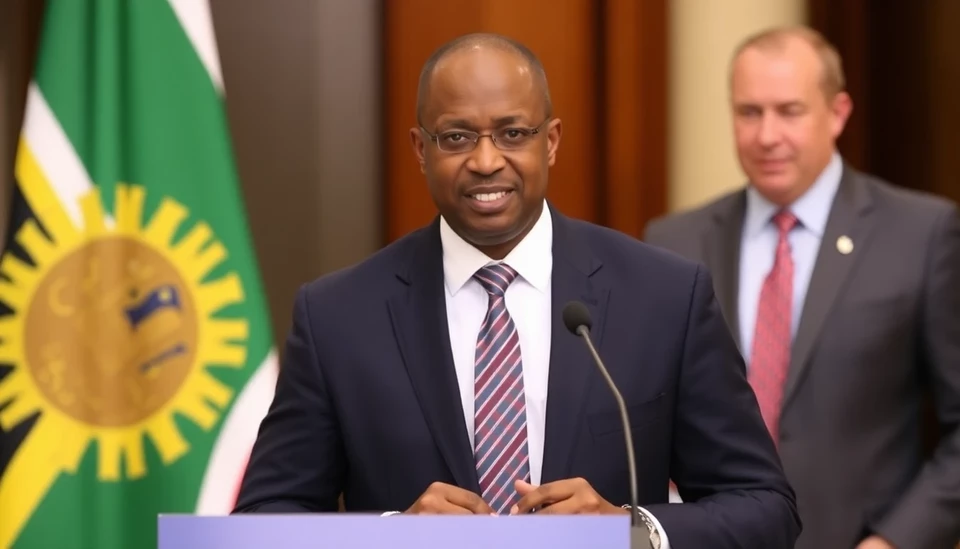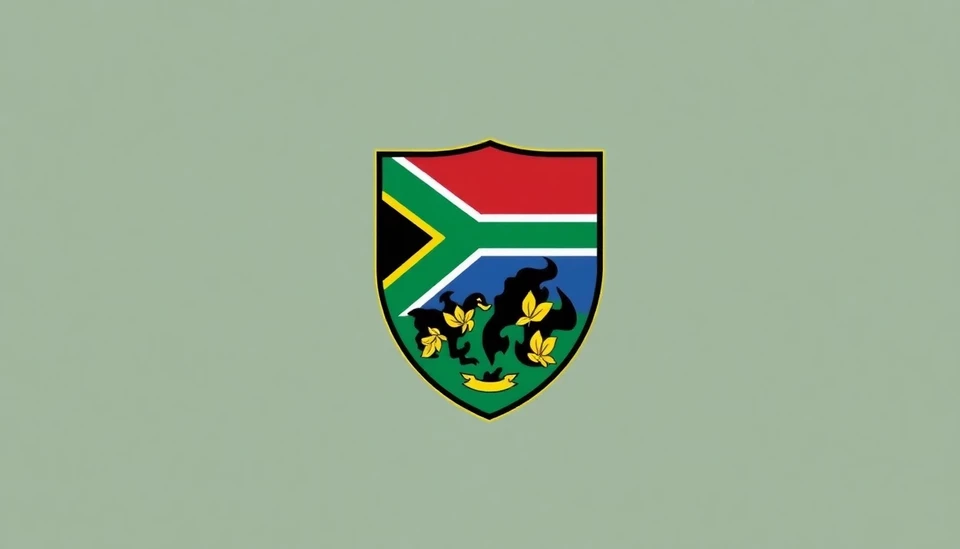
In a significant development for thousands of civil servants across South Africa, the government has increased its pay offer to 5.5% amid ongoing negotiations. This move comes in response to robust demands from labor unions representing public workers seeking higher wages.
Previously, the government had proposed an increase of only 3.5%, a number that fell short of union expectations and sparked widespread protests as public sector workers voiced their dissatisfaction with the limited offer. Unions have stressed the necessity for salaries to keep pace with rising living costs, particularly due to high inflation rates that have eroded purchasing power.
This revised offer marks a pivotal moment, as it represents half a percentage point rise from the earlier proposal. Union representatives have stated that while the government’s new offer reflects some acknowledgment of their demands, it may still not be sufficient. They are advocating for an increase that aligns better with inflation rates and the challenges workers face in maintaining their livelihoods.
The ongoing negotiations are critical as they affect a substantial portion of the workforce within the country’s public sector, which is essential for maintaining essential services ranging from education to healthcare. The civil servants’ ability to earn a living wage has become an urgent topic of discourse, especially as many families struggle to meet basic needs under the financial strains caused by rising prices on essential goods and services.
The increased offer has brought about some cautious optimism among union leaders. Nonetheless, they are still weighing their options for further action should the government fail to meet their demands more completely. As discussions continue, the expectation is that the revised proposal could lead to a constructive dialogue and potentially avert further unrest among public sector employees.
Furthermore, this situation encapsulates the broader economic challenges South Africa is facing, emphasizing the need for sustainable solutions that prioritize the welfare of working-class citizens. Public workers have long argued that investment in their compensation is vital for ensuring that services remain functional and effective, ultimately benefiting the communities they serve.
As negotiations progress, all eyes will be on the reactions from both the government and the unions involved. Stakeholders are eagerly awaiting the outcome that may reshape public sector compensation, impacting not just civil servants but the larger socioeconomic landscape across South Africa.
As the situation develops, continued dialogue between civil servant unions and government representatives will be crucial. The outcome of these negotiations will not only determine public sector pay but may also set a precedent for future wage discussions in other sectors across the nation.
In conclusion, the government’s new pay offer of 5.5% is a potential game changer in the ongoing wage negotiations with civil servants. How unions will respond, and whether this offer will be accepted or lead to renewed calls for more significant increases, remains to be seen.
#SouthAfrica #CivilServants #SalaryIncrease #PublicSector #Unions #Negotiations #Inflation #WageTalks
Author: Daniel Foster




